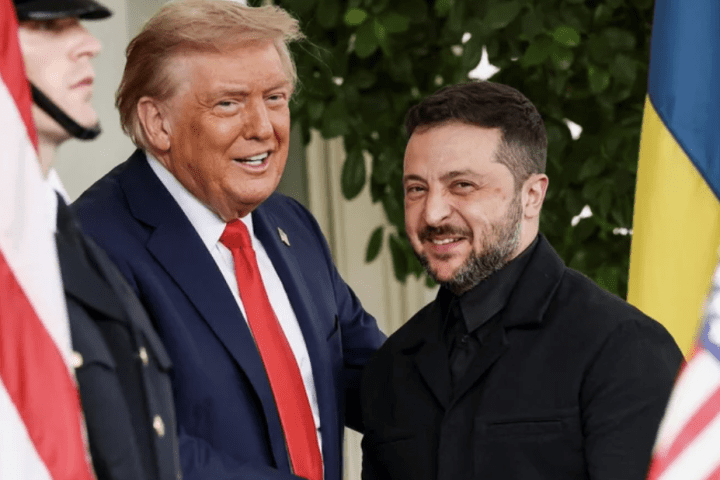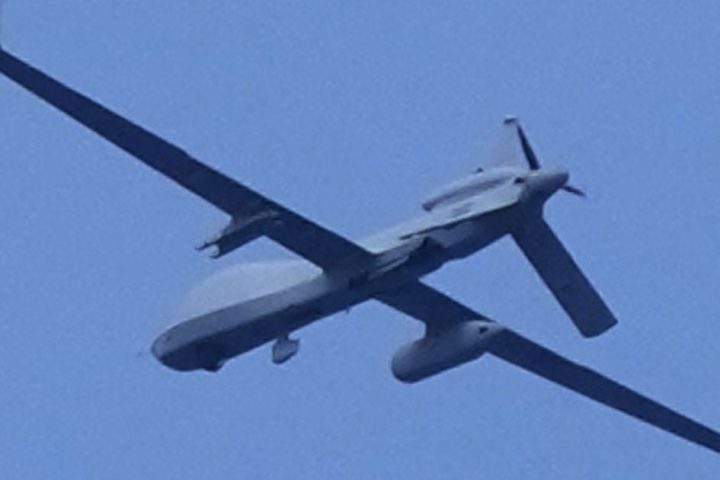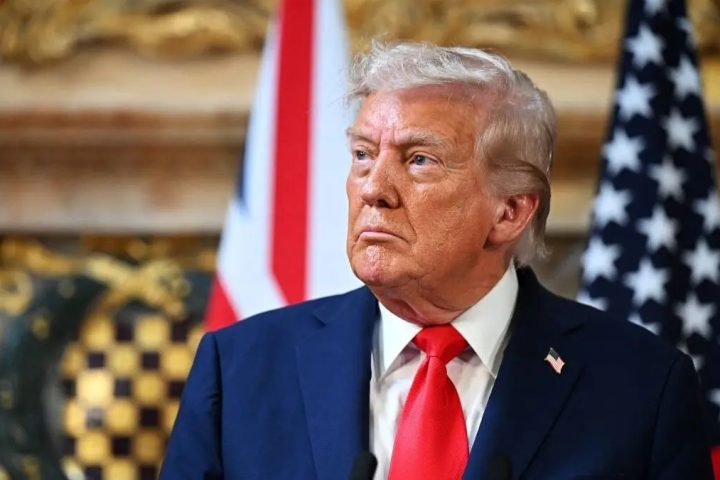Joint military exercises between Poland and Sweden, dubbed SNEX Gotland Sentry, have begun in the Baltic Sea. This is a historic event for the two countries, as they have never held maneuvers of this format before.
“Poland and Sweden are joining forces for Baltic security. The SNEX Gotland Sentry exercise is the first step toward a new chapter in our cooperation,” reads the official statement.
The maneuvers are a logical continuation of the agreement Warsaw and Stockholm signed on September 2. The document formalized agreements on joint maritime operations, the exchange of experience, and the development of defense technologies.
According to the Polish military command, the main objective of the exercises is to test how quickly and coherently the armies of the two countries can operate on land, in the air, and at sea. Another important goal is to practice collective defense mechanisms and improve the interoperability of forces.
Why is this influential?
The joint drills are unfolding amid a series of fresh Russian provocations. In the early hours of September 10, over twenty Russian drones crossed into Polish airspace, while Russian fighter jets moved dangerously close to the security zone around the Petrobaltic oil platform in the Baltic Sea.
Poland described these actions as a direct challenge not only to its own security but also to NATO’s eastern defenses. In response, the Alliance boosted its presence: on September 19, British Typhoon jets, backed by a Voyager refueling aircraft, carried out their first patrol as part of Operation Easternguard.
Polish Prime Minister Donald Tusk stressed that any foreign object violating the country’s skies would be immediately shot down. Meanwhile, U.S. President Donald Trump assured that if tensions escalate further, Washington will stand firmly behind Poland and extend support to the Baltic allies as well.
The United States confirmed its readiness to assist Poland and the Baltic states in the event of a new escalation of the conflict with Russia.
President Donald Trump stated that Washington will support Warsaw if Moscow increases pressure. He emphasized that this also applies to other states in the region.

















